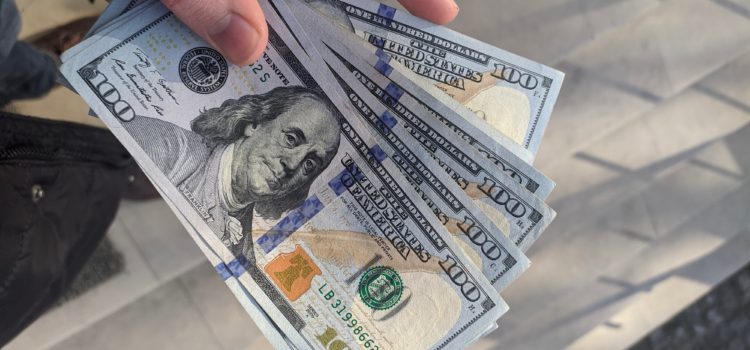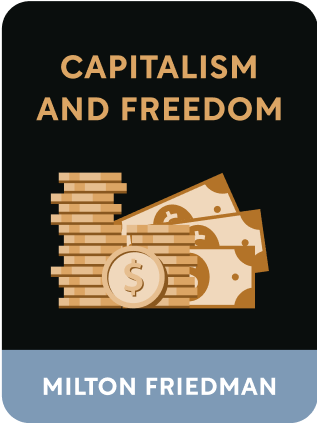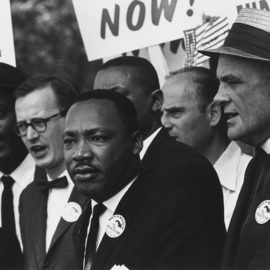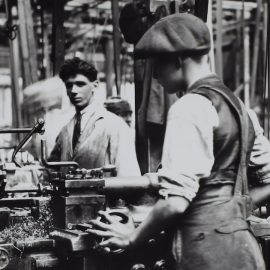

This article is an excerpt from the Shortform book guide to "Capitalism and Freedom" by Milton Friedman. Shortform has the world's best summaries and analyses of books you should be reading.
Like this article? Sign up for a free trial here .
What is an inheritance tax? What does Milton Friedman say about inheritance tax?
Inheritance tax is paid when a family member dies and leaves you money or assets. You then pay a tax on that wealth. According to Milton Friedman, the inheritance tax is useless and unjust.
Read more about Milton Friedman and the inheritance tax.
Milton Friedman: Inheritance Tax and Economic Freedom
In a capitalist society like the United States, where there is great mobility of people and capital and a tremendous variance in the level of individual talent, it is extremely difficult to determine what the source of someone’s wealth is at any given time.
Far too many factors come into play to determine one’s net worth, many of them completely beyond an individual’s control. It is simply impossible to determine how much anyone’s wealth is “earned” or “unearned,” however we choose to define the terms. But even if a system could somehow be devised that only redistributed “unearned” wealth (like from an inheritance) and left “earned” wealth alone, it would still be harmful to economic freedom.
This is because there is no moral difference between earned wealth and inherited wealth. Even if you inherit a vast fortune from your family, it is still ultimately a product of human endeavor—at some point, someone did create that wealth. Moreover, economic freedom demands that individuals have the ability to do as they please with their property, so long as it does not impose a cost on someone else. Thus, choosing to pass property along to one’s heirs is a perfectly legitimate act within a capitalist system.
The Injustice of Redistribution
If we accept that payment according to product is a just and rational way to allocate resources within a system of voluntary exchange, then any forced redistribution schemes are inherently unjust.
Milton Friedman says that for inheritance tax, there is no moral justification for a majority to compel a minority to hand over its property—whether it’s a gang of armed robbers telling you to hand over the cash in your wallet or a majority of voters passing legislation to legally confiscate wealth from the so-called “1 percent.”
Moreover, inequality of outcomes also creates the basis for voluntary exchange itself. If we all received identical compensation or had all of our needs taken care of by the government, we would have no reason to buy, sell, or trade with others through markets. After all, in any voluntary transaction, the buyer lacks what the seller has and seeks to obtain it through exchange.
Lastly, inequality enables entrepreneurs to use their extra resources to invest in new ventures that can yield higher rates of return—which creates new opportunities and benefits society as a whole.

———End of Preview———
Like what you just read? Read the rest of the world's best book summary and analysis of Milton Friedman's "Capitalism and Freedom" at Shortform .
Here's what you'll find in our full Capitalism and Freedom summary :
- The key principles from Milton Friedman's Nobel Prize-winning book
- Why capitalism functions best when it is freed from government restraints
- How forced redistribution schemes are morally unjust






